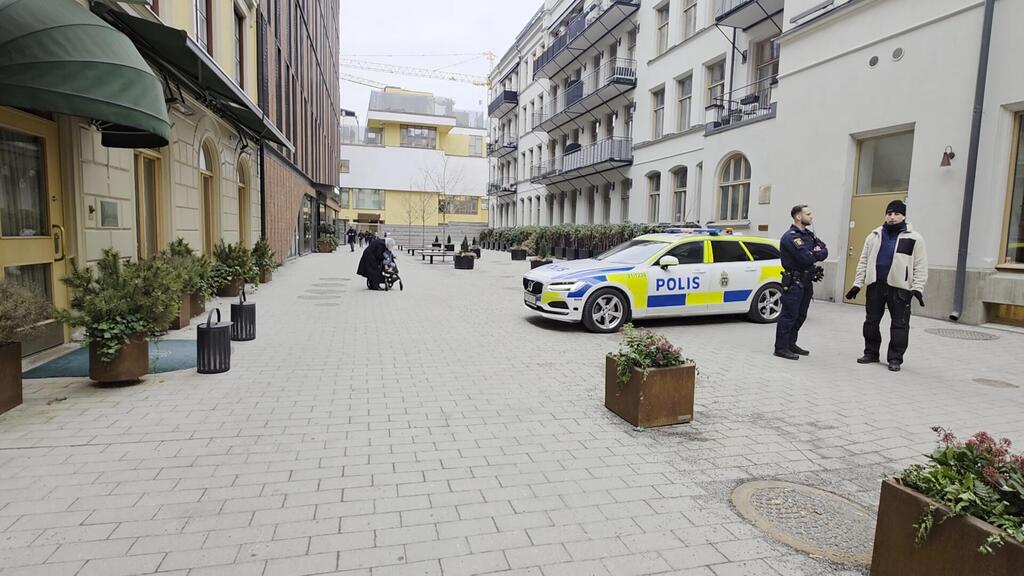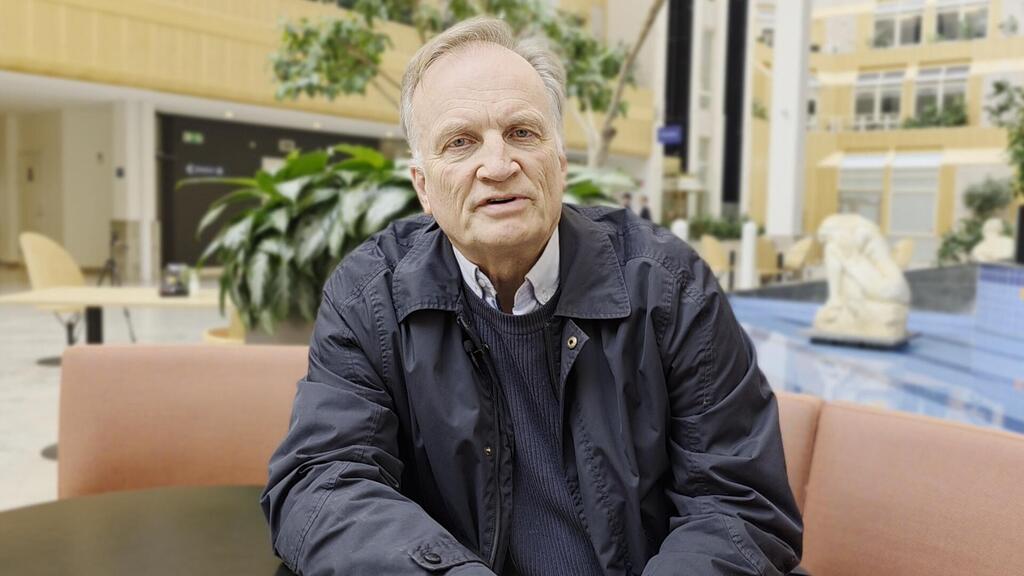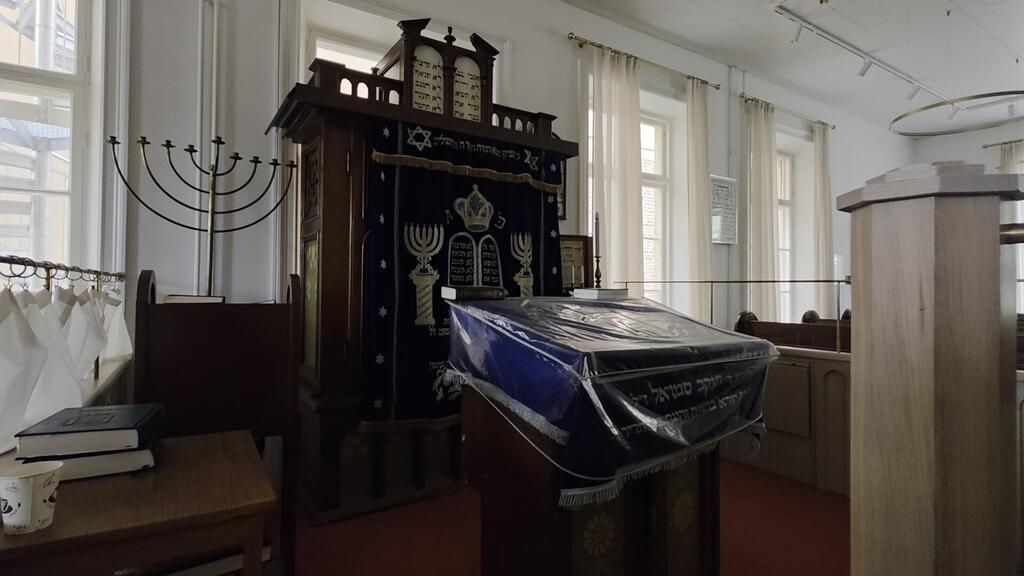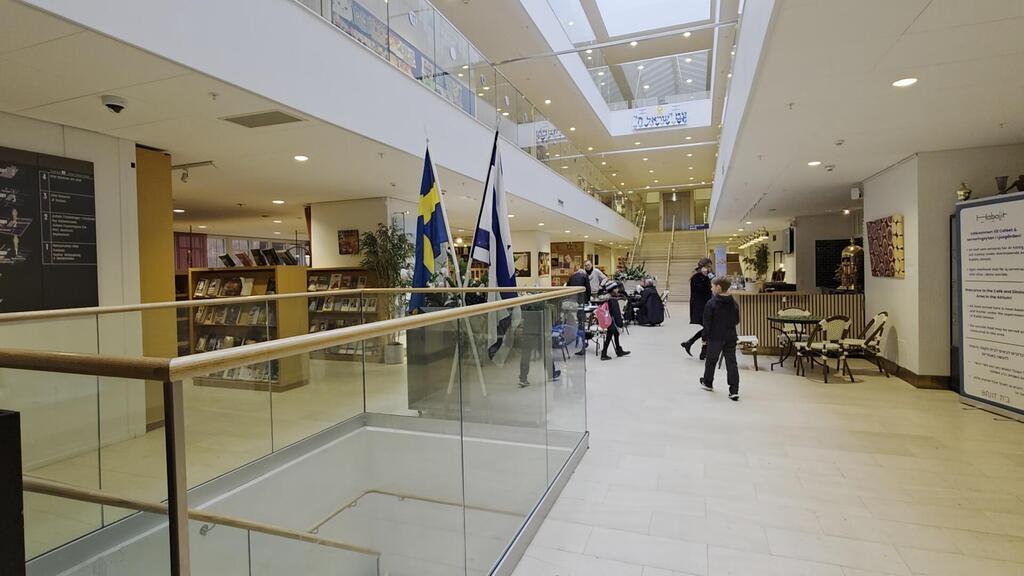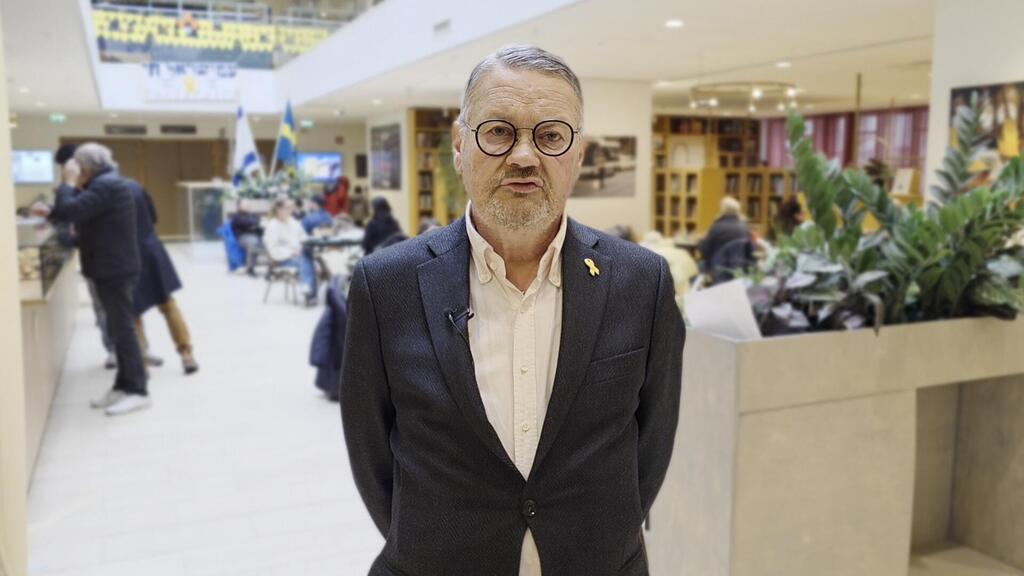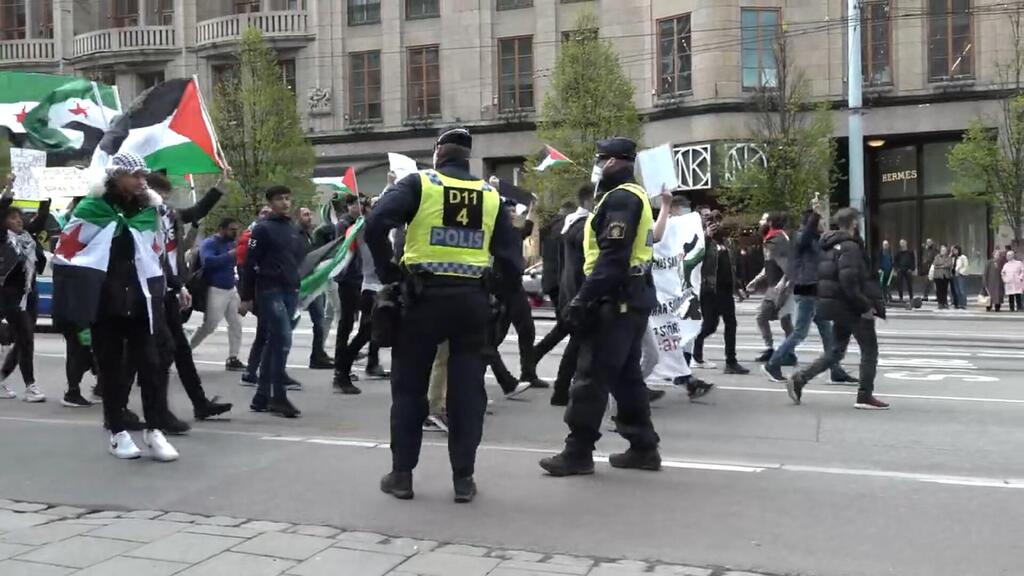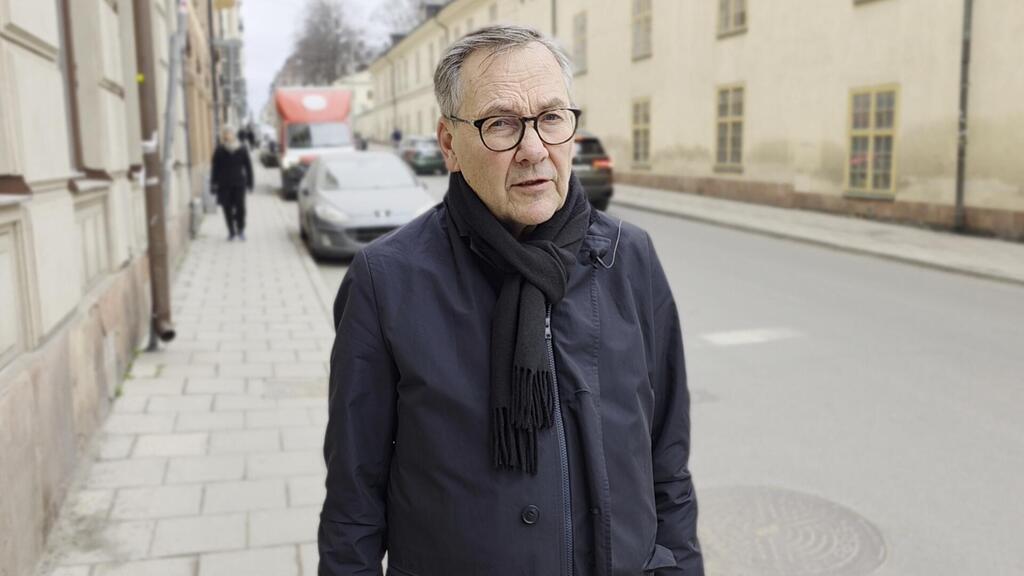From the outside, life in Stockholm appears calm. But behind the gates of the Jewish community center, the police patrols, the security cameras and the hesitation to wear a Star of David in public reveal a different truth — a Jewish community living in fear.
Sweden: One of the most dangerous places for Jews in Europe after October 7
“One year ago, it was national news that Iran, through terrorists here in Sweden, tried to kill Jews just for being Jews,” says Ruben Agnarsson, a Christian freelance journalist. “The Jewish community has long lived under threat — but the events of October 7 in Israel marked a dramatic escalation. Since then, antisemitism in Sweden has reached a new and dangerous peak.”
"In the beginning, after October 7, there was a lot of sympathy for the Jewish people and for Israel," Agnarsson explains. "But rather soon, the news focused on what is happening in Gaza, not on the surroundings that Israel lives in… the existential threat. If you don’t see the threats from Hamas, Hezbollah, Iran and the 27,000 missiles, you don’t understand the situation. And that misunderstanding feeds antisemitism."
Agnarsson warns that “the media coverage in itself gives the picture of Israel as wanting to kill and destroy. That creates antisemitism.” The effects are being felt on the streets of Swedish cities.
"The Jewish community in Sweden needs more security. Some are even leaving for different countries. And they are not responsible for everything happening in Israel either. But the strange logic of the news reporting, and the atmosphere it creates, puts them at risk. Many Jews now ask themselves: ‘Where could I live? Where could I spend my days?’ The hostility really hits them.”
Even on Holocaust Remembrance Day in Stockholm, Agnarsson recalls, demonstrators shouted anti-Israel and antisemitic slogans. “In Malmö and other cities, they openly talk about eliminating Israel. That’s the situation we have.”
Max Federmann, CEO of the Jewish National Fund (KKL-JNF) Sweden, speaks with quiet gravity: “The Jewish community in Stockholm is celebrating 250 years of existence. We are 20,000 Jews in Sweden, and of them, 12,000 live in Stockholm. We have a good life here, but during the last five years we’ve experienced more and more antisemitism.”
"Since October 7, antisemitism has exploded," Federmann continues. “We are very worried about what is happening here. At every event KKL Sweden arranges, we have to confirm the identity of every attendee. There’s growing fear, and some Jews are leaving the country.”
According to Federmann, most of those leaving are from Malmö — a city with a growing Muslim majority — relocating to Stockholm, where security measures are more established. “The Jews of Stockholm are mainly staying, but they’re taking more precautions. They avoid appearing as Jews. They hide their Magen David. They avoid giving their names in public articles. They are afraid of what might happen.”
At the entrance to Stockholm’s Jewish school, Hillelskolan, the fear is visible. "Whenever the children leave school, there are police officers standing outside. There are cameras everywhere. The building is guarded. This is the new normal."
The crisis has also pushed some Jews closer to their identity. “Since October 7, we’ve seen a rise in people wanting to join the Jewish community. It was a wake-up call,” Federmann says.
Get the Ynetnews app on your smartphone: Google Play: https://bit.ly/4eJ37pE | Apple App Store: https://bit.ly/3ZL7iNv
Robin Lundgren, a Christian pastor and supporter of Israel, has also witnessed the shift.
“There are big protests every Saturday. They shout, ‘Palestine will be free’ and more. It’s a terrible situation,” he says.
“About 80% of Jews here in Sweden feel very pressured. Even in Christian churches, people are afraid to speak openly. They absorb what the media says and they stay silent. But as Christians, we love the Jewish people and Israel. We need encouragement to say it louder.”
From within the Jewish community and from those outside of it, the message is clear: October 7 didn’t just change Israel — it changed Jewish life around the world. And in Sweden, it exposed a dangerous truth.
Where once Jews built a future over 250 years, they now find themselves questioning whether they can continue to call this place home.





